Controversial issues
The legacy of the past and its impact on the present, as well as the process of interpretation by which accounts of the past are constructed, mean that many topics studied in history may carry an emotional charge. Certain events or developments may have a particular relevance – or resonance – for some young people and their communities, but carry different overtones (or none at all) for others. This section contains advice and resources for teachers who are tackling potentially sensitive topics that may generate emotionally charged responses and explores the issues that may arise as topics studied in the classroom intersect with personal, family and community histories. The materials here will help teachers to reflect carefully on the appropriateness of their objectives and to develop effective teaching strategies for promoting sensitive and productive kinds of discussion, especially when both the past and its implications for the present are disputed. They highlight the risks involved and the ways in which they can be mitigated, and include guidance and advice related to the Prevent Strategy.
-

Confronting conflicts: history teachers’ reactions to spontaneous controversial remarks
ArticleClick to view -
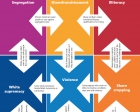
‘Its ultimate pattern was greater than its parts’
ArticleClick to view -
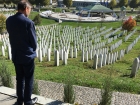
My journey to Bosnia: The Balkans Conflict 22 years on
Multipage ArticleClick to view -
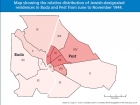
‘It’s kind of like the geography part of history, isn’t it, Miss?’
ArticleClick to view -

Defying the ‘constrictive grip of typologies’
ArticleClick to view -
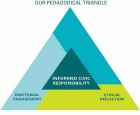
Attempting to reach the heart of the matter
ArticleClick to view -

History Teaching in Belarus: Between Europe and Russia
ArticleClick to view -

The History of Afro-Brazilian People
ArticleClick to view -

Learning from the Aftermath of the Holocaust
ArticleClick to view -

International Journal 14.2: Editorial review
ArticleClick to view -

International Journal 14.2: Editorial
ArticleClick to view -

Examining the Value of Teaching Sensitive Matters in History
ArticleClick to view -

From The Holocaust To Recent Mass Murders And Refugees
ArticleClick to view -

'History on Trial'
ArticleClick to view -
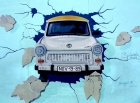
‘If you had told me before that these students were Russians, I would not have believed it’
ArticleClick to view -

New, Novice or Nervous? 166: Controversial issues
ArticleClick to view -

Putting Catlin in his place?
ArticleClick to view -

Cunning Plan 166: developing an enquiry on the First Crusade
ArticleClick to view -

Active remembrance
ArticleClick to view -

Fundamental British Values and history teaching
ArticleClick to view

